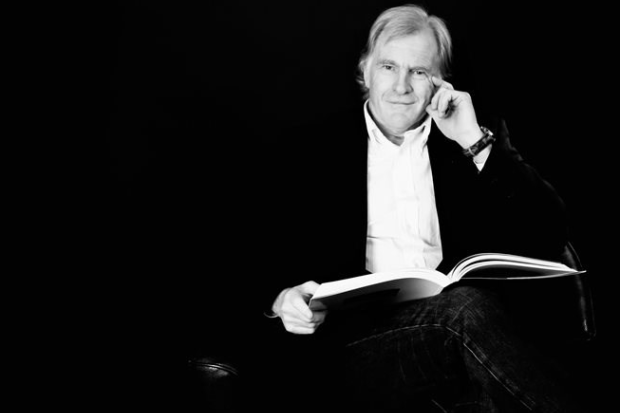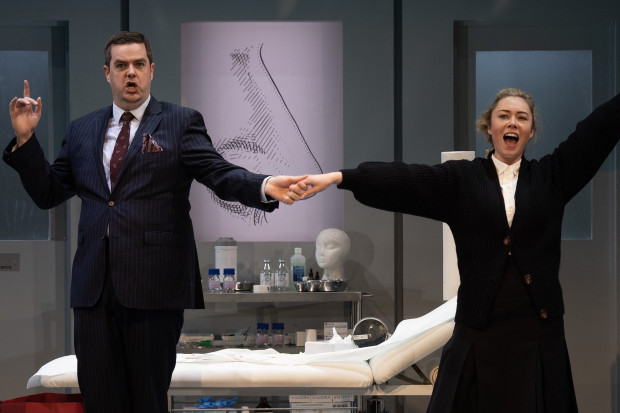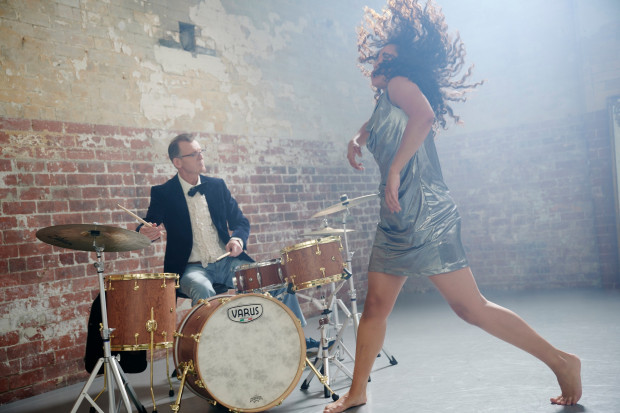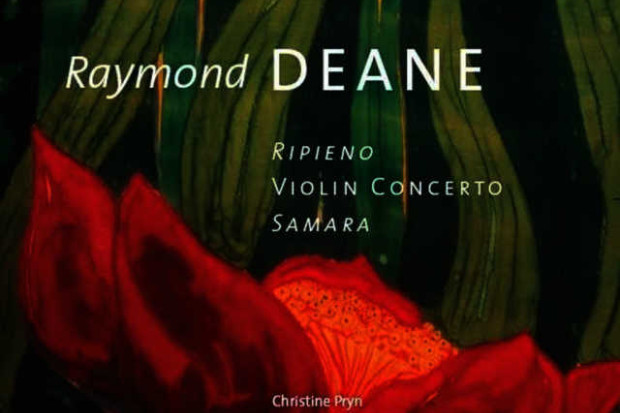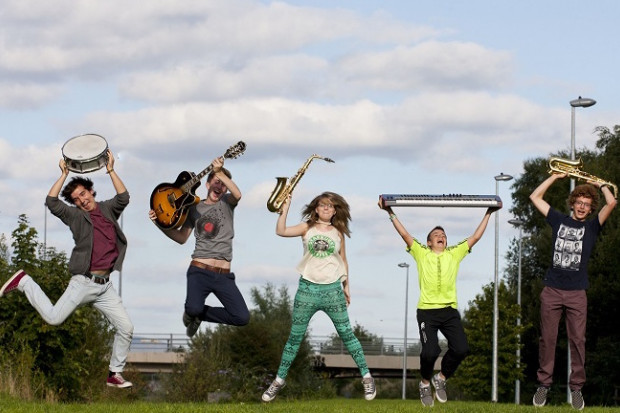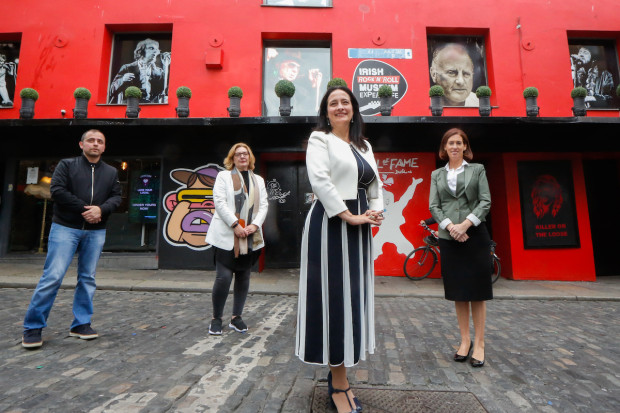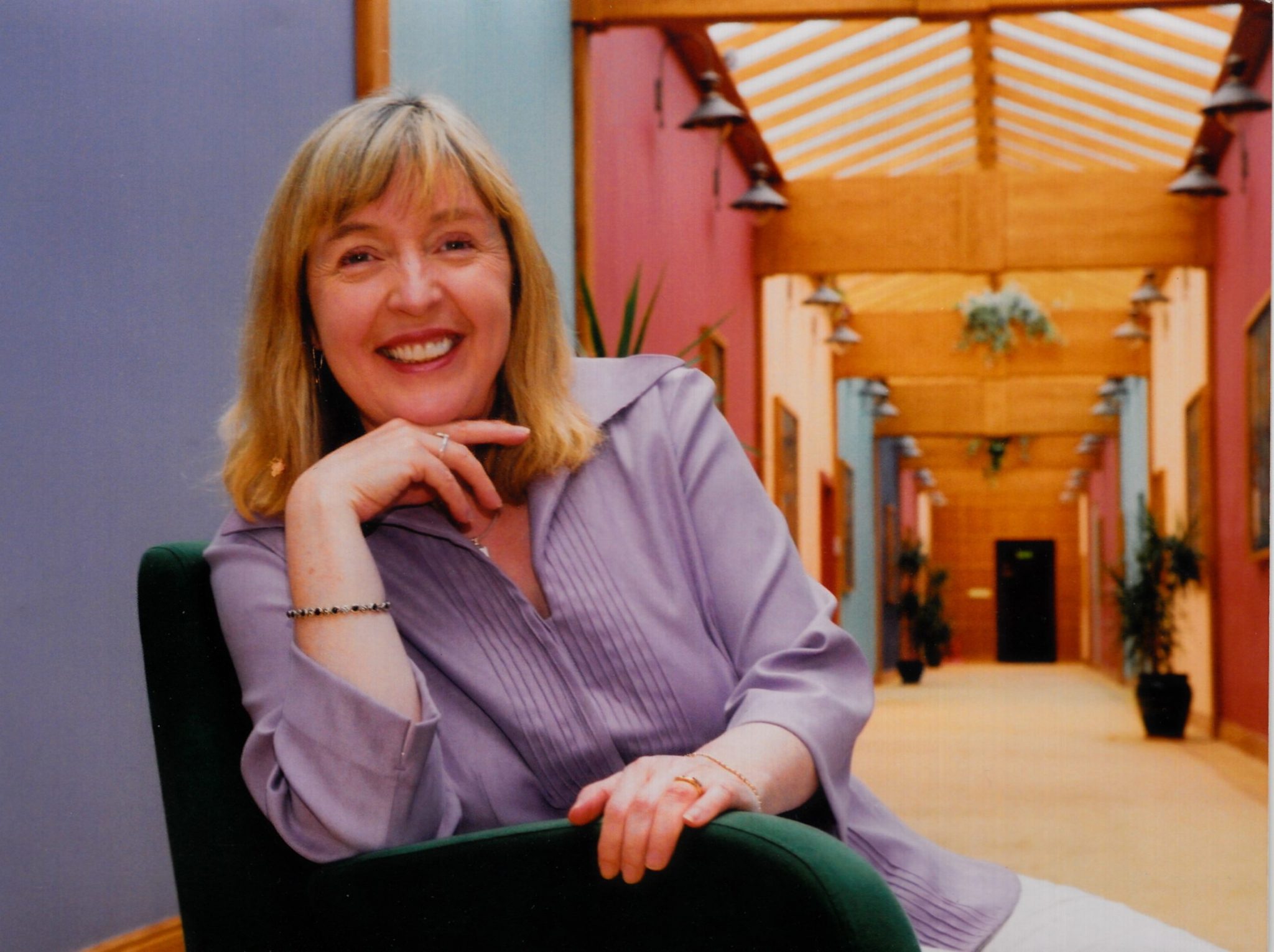
Evelyn Grant
The Community Music Debate
Ireland has a long history of ‘communal’ music-making – from traditional music sessions to evenings around the piano, from brass bands to garage bands, community choirs and orchestras. The ‘community music’ that we often hear talked about today, however, has less to do with Ireland’s general musical life and more to do with processes that try to enrich the cultural life of different communities.
What defines ‘community music’ as distinct from the traditional types of participatory music is the equal opportunities policy which is central to its philosophy – creativity, access, participation and partnership being key words. Community music practice focuses on including disenfranchised and disadvantaged individuals or groups – whether the disadvantage is economic or geographic. Music projects which take place outside the formal instrumental training arena usually come under the term ‘community music’.
The origins of community music in the UK are firmly rooted in the socio-political atmosphere of the Thatcher era – with music being a tool of social empowerment. In Ireland, as in many other areas of Irish life – for example, the setting up of our judicial and education systems – the rationale and much of the substance of community music initiatives have been imported from the UK. Academic courses and orchestral outreach programmes in Ireland have also been significantly influenced by UK strategic partners. Indeed, much excellent professional development training has been delivered here by UK musicians.
It is worth noting, however, when considering the case of Ireland, that in different countries the definition of ‘community music’ varies according to the social conditions in each setting and are often a reflection of national or regional structures. In North America, the term ‘community musician’ is not widely used, although there exists a rich tapestry of community music activity. In Scandinavia, there is no explicitly formulated concept of community music: regional support for music activity is facilitated by a ‘top-down’ approach at national level, which enables local authorities to support local community initiatives. Many of these are collaborations between organisations and public schools or music schools. Similarly, in New Zealand, many projects are linked into the formal education situation and do not have the social intervention criteria which has become such a feature for much UK funding. And in the Irish case, it seems likely that the initiatives of enterprising practitioners supported by local authority arts officers will define community music here over the next few years.
There are certain tensions within community music practice which can perhaps be avoided in an Irish context if we are to learn from the UK experience as opposed to adapting philosophies wholesale. The tensions include those between trained and untrained practitioners, and between formal education and informal structures. The fact that practitioners come from so many different musical backgrounds has created its own friction. Some practitioners, for example, propose that the personal development of the participants is as important as the musical growth, whilst others feel that their work is driven by purely musical priorities. Most particularly there is a concern amongst Irish practitioners that community music is viewed as a ‘quick-fix’ solution to social ills. The activity in Ireland needs to be appraised in terms of evolving an ideology specific to the Irish context and its community needs.
Barra Ó Séaghdha raised some pertinent issues with regard to community music in a recent Magill article entitled ‘Class, Culture and Condescension’ (October 2002). As well as tackling the issue of defining ‘community’, Ó Séaghdha explored the traditionally difficult relationship between ‘the arts’ and ‘community arts’, drawing attention to the changing vocabulary emanating from the Arts Council. By default, through revealing its aim ‘to broaden and enrich participation in the arts’ while stressing that what is offered ‘should be artistically challenging’, they have highlighted one of the critical debates that affects the positioning of community music. As Ó Séaghdha points out, ‘communities’ have values and ambitions of their own – which may not be compatible with a desire for the ‘artistically challenging’.
The current arts administration jargon appears as suspect as the political jargon of 1980s community arts in both the UK and Ireland. (Ó Séaghdha quotes the colourful description of the Arts Council new Research and Knowledge Services Director who will be ‘able to harness a broad range of operational services in a knowledge-rich operational environment.’) There is much talk of ‘breaking down musical barriers’ through community projects, but many of these barriers are cultural and historic – certainly not musical – and have been put firmly in place over successive generations. These barriers have, in fact, helped protect funding – and support value systems – for what is supposedly ‘good art’. The question must be raised therefore as to who, precisely, is going to be the arbiter of artistic merit in music activity in different community contexts, for example, economically disadvantaged settings; geographical areas where opportunity for music-making is scarce; music performance by people with learning disabilities; and creative composition by youth groups or elderly people?
Social changes on a massive scale in the past fifty years have impacted hugely on music activity, both from the point of view of the performer/deliverer and the listener/receiver. These changes include mass-media developments exposing listeners and performers to a vast range of musical influences; the emergence since the 1950s of a youth culture; technological development affecting both the production and reception of art; the combining of the arts and political activism in the 1970s to raise questions of elitism, authority, and ownership. These issues, and a myriad others, including a changing sense of the individual and community, has resulted in a political climate in which the right to access and participation in the arts, and an educational climate in which the necessity for change in the delivery of music in schools, is acknowledged, and a social climate in which the arts are recognised as not only desirable but necessary. This increased participation in and reception of the arts fuels the debate on access and standards. It has also placed an emphasis on a widening of the context in which music is performed.
The development of community music seems, in retrospect, to have been inevitable since the 1970s, when educationalists like John Paynter from England and R. Murray-Schafer from Canada began to encourage creativity on the school music curriculum; when community arts rejected ‘elitist’ judgments on the quality of creative work; and when youth culture and music technology broke into the public arena with the popularity of the Moog synthesizer.
It is only in very recent times, though, that we have seen this intersection reflected in terms of widespread musical education and training. Music teaching has been traditionally segregated into the different genres – classical, traditional, jazz, and so on – and music colleges have generally been single-task centred. The areas of performance and composition have for the most part been kept separate. Performers are mainly trained to interpret the music of composers in the Western art music tradition, very often following a ‘school’ of playing – a particular national style, for example, passed on from teacher to student, and from generation to generation. Performers who develop a huge technical, aural and expressive facility, very often are incapable of improvising or playing by ear – often a pre-requisite for working in other settings. This is obviously a product of the training system, rather than a lack of natural talent.
Peter Renshaw, formerly director of the Yehudi Menuhin School for gifted young musicians, set up the first specific Community Music training course at the Guildhall School Of Music, London in 1984. It is interesting to note that he called this course ‘Music Performance and Communication Skills’ and not ‘Community Music’, possibly related to the fact that the latter title would be seen to have connotations of political activism since the 1970s.
When the B. Mus. Degree course was established at the Cork School of Music in 1995, it included modules in Community Music, Music Therapy, Music Technology and Traditional Irish Music. In 1999 a Master’s degree course in Community Music was established at the University of Limerick. Contributors to the MEND (Music Education National Debate) in Ireland, most notably Janet Ritterman, Director of the Royal College of Music, London, stressed the need for musicians to develop transferable skills, in order to increase their opportunities in the market place.
Training/professional development has been offered by a number of agencies who are contributing significantly to the development of quality community music practice including CAFE (Creative Arts for Everyone), Music Network, and the National Concert Hall. Models of best practice are being supported and encouraged by many local authorities – Dublin, Cork, Wexford, Laois and Sligo, for example. It continues, however, to be difficult to ‘mainstream’ most of these excellent ‘pilot’ projects through the relevant Government departments.
If community music is to be significant within a cohesive framework there are many issues which should be debated. For example, is a socially inclusive approach no more than cultural ‘do-goodery’ which could threaten the existing practices? Is excellence sacrificed if everyone engages in music activity? The provision of access must involve a mechanism whereby special musical talent can be nurtured regardless of economic or geographic circumstances. Success must not be measured simply in terms of numbers engaging in music, but in the equitable provision of opportunity to develop musical potential.
The community music debate must not become a territorial battle about funding and resources. Access to music education and training is currently inequitable. Musicians should fuel the debate and supply the solutions to redress this imbalance. Otherwise, we may find that it is politicians and administrators alone who take on the responsibility for addressing the issue of provision of access and opportunity in music education and training.
Published on 1 March 2003
Evelyn Grant lectures in Community Music and Flute Performance at the Cork School of Music. She is involved in a wide-range of community music projects, including Cork Music Works which provides performance opportunity for people with learning disability. As musical director of the Cork Pops Orchestra, she performs to over 20,000 young people annually. She presents the ‘Lyric Pitch’ every Saturday on Lyric FM.












